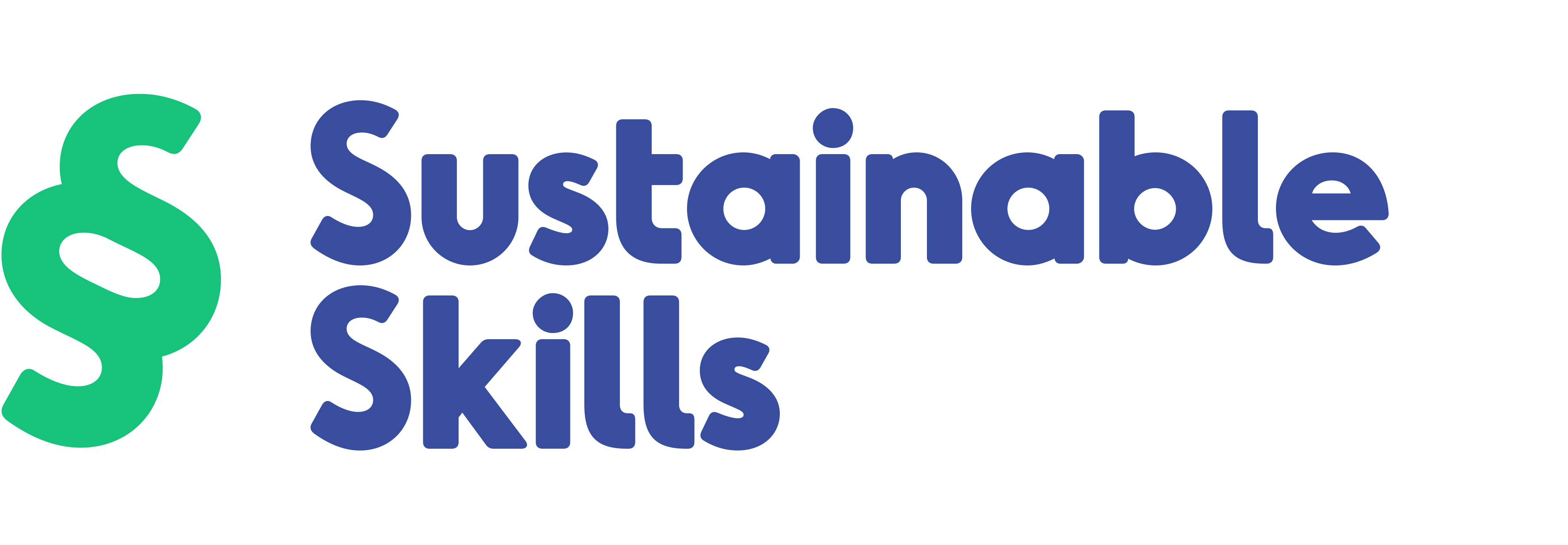Sydney Metro Northwest – Creating a Skills Legacy
Project title: Sydney Metro Northwest
Timing: 2014 – 2016
Location: Sydney, Australia
Client: Transport for NSW
The background
The Sydney Metro Northwest rail link is the city’s largest public transport infrastructure project since the iconic Harbour Bridge opened in 1932. With a target completion date of 2019, the project will deliver eight newly constructed train stations and the longest rail tunnels in Australia. At full operating capacity, the new rapid rail link will be capable of carrying a 60% increase in services to the CBD from across the entire Sydney network. That’s an impressive 100,000 people per hour during peak times.
The opportunity
The one-of-a-kind $8.3 billion project is the largest public transport infrastructure project in Australia. In the main delivery phase it is projected to create up to 10,000 jobs as workers and machinery move into some 16 construction sites between two of the major hubs, Epping and Rouse Hill. But what would it take to build this new rail network? With such a colossal undertaking, Transport for NSW needed a competent, skilled and varied workforce for the duration of the project.
The solution
Sustainable Skills (formerly SkillsDMC) was brought onto the project to develop a skills legacy by creating a transferable pool of workers to support the civil infrastructure and construction sectors. Recognising the scale, immediacy and diversity of the project, Sustainable Skills promptly engaged stakeholders to determine career pathways and employee competencies.
Working closely with Transport for NSW and major contractor, Thiess John Holland Dragados JV, Sustainable Skills determined a variety of technical and non-technical skills and competencies that would be required. As implementation required 450 new, directly employed positions, half of those being new entrants, timing was critical.
Sustainable Skills conducted a workshop to define key job functions and scoped construction requirements, consulting with Superintendents and technical experts. A definitive list of skills and knowledge linked to performance of a range of job functions aligned to Industry best practice and site quality and work health and safety standards was identified and developed.
Sustainable Skills was then able to map the skilling needs of the project to the Resources and Infrastructure Industry (RII) Training Package, providing Thiess John Holland Dragados JV with a competency matrix for the skilling of their workforce.
The benefit
A range of strategies were developed to assist Thiess John Holland Dragados JV implement the career and training pathways for the Tunnel Construction project.
Sustainable Skills work enabled the consortium to make informed decisions about their workforce future, based on evaluated forecasts.

